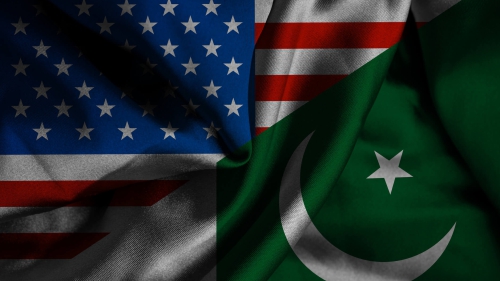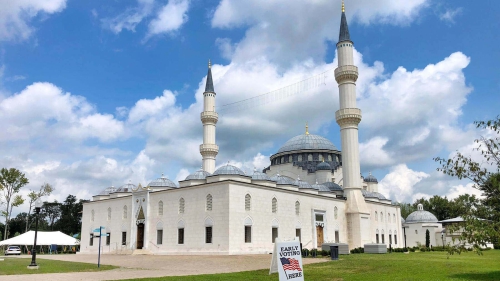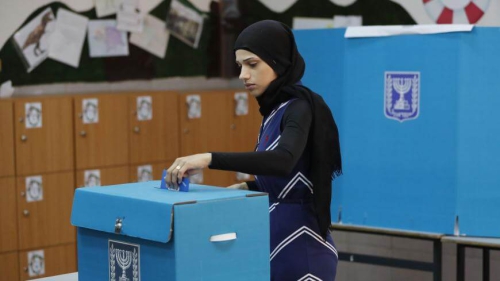Niger's Quest Toward a Civil Life
No voting experience could be worse than the one which voters in Niger experienced last Sunday. The presidential elections which took place on Oct 17, brought scores of voters, who lined up before the polling stations with little faith in the outcome of the country's democratic endeavor.
In order for us to understand the intense feelings of discouragement and disappointment among the people of Niger, the recent history of government must be examined. Then we might succeed in answering the question: why are seven presidential candidates striving for votes, and yet election campaigning has generated very little interest in the streets of the dusty capital Niamey.
Niger is one of these cases that makes the observer wonder whether the government was founded to serve the interests of the masses, or whether the masses are used as a tool by the leaders to generate personal wealth and power.
Daoude Malam Wanke, who seized power in a coup last April, vowed to bring forth democratic life in the country after international donors decided to completely withhold their aid from Niger. Niger, which is suffering from its worst economic depression yet, is said to have relied heavily on foreign assistance, especially from France, a former colonizer.
Some suspect that Wanke's quest for democracy cannot be trusted as he just recently carried out a military coup, in which former President Ibrahim Mainassara Bare was assassinated by his own Presidential guards, headed by Wanke.
Very few citizens shed tears over Mainassara who himself led a military coup in 1996, ousting the country's only democratically elected government. Mainassara's years were associated with nepotism and corruption, although a few months after his coup, Presidential elections were held, pronouncing him the ultimate victor thereafter. Many observers, including many of Niger's citizens perceived the elections as fraudulent.
After seizing power in April, Wanke decided to resort to democracy, claiming that the junta achieved its goals by ousting the corrupt leadership and that the people of Niger are now the ones who decide who will rule over them. To demonstrate his sincerity, Wanke decided not to stand the Oct 17th elections, and has promised to respect the outcome of the vote by handing over power by the year 2000.
International donors, although welcoming the step, are still not convinced of Wanke's sincerity, vowing to wait therefore until democratic life is fully restored.
Niger is facing many economic problems, which worsened with the presence of corrupt governments. After experiencing a relative economic boom in the 1970's, using uranium exports as the main foundation of its economy, the 1980's collapse in the world price of uranium brought catastrophes that the country is still failing to recover from.
The people of Niger are willing to wait, for they have no other choice. Most governmental workers, who count for a majority of the country's workforce, have not been paid for over 10 months and strikes are frequent in governmental sectors.
International observers who helped with the Oct 17 election procedures, have assured the press that votes were cast without disturbance. No information has yet been disclosed regarding the turnout. Over 4 million of the country's 9.5 million population are said to be registered to vote in a country which Muslims count for over 80% of the population. Although until Tuesday, Oct 19, no final vote count was yet declared, preliminary numbers are showing a close race between some of the candidates.
Retired military officer, Tandja Mamadou had 29 percent support from the counted votes, followed by Mahamadou Issoufou, with 27 percent. Both candidates have had interesting political records, though both records are radically different from one another. While Mamadou was a member in a former junta that governed the county in the 1970s, Issoufou was the former Prime Minister of the only democratically elected government in the county's history.
Observers are expecting that no candidates will have a convincing majority for the winner to be announced. If such expectations prove sound, a second round of voting will be held in Nov 24, when legislative elections are scheduled.
For the people of Niger however, the country's many problems cannot be solved the moment a winner is declared. Until the new President's virtue is tested, the people of Niger will continue striking, protesting and demanding the government to pay their long past due salaries.

















